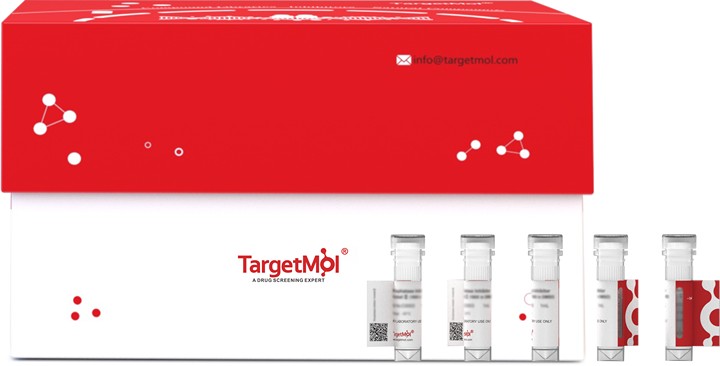Shopping Cart
Remove All Your shopping cart is currently empty
Your shopping cart is currently empty
M-CSF/CSF1 Protein, Mouse, Recombinant (E. coli) is expressed in E. coli. The accession number is P07141.

| Pack Size | Price | USA Warehouse | Global Warehouse | Quantity |
|---|---|---|---|---|
| 5 μg | $98 | - | In Stock | |
| 10 μg | $170 | - | In Stock | |
| 20 μg | $295 | 7-10 days | 7-10 days | |
| 50 μg | $622 | 7-10 days | 7-10 days |
| Biological Activity | ED 50 < 3.0 ng/ml, measured in a cell proliferation assay using Murine M-NFS-60 cells, corresponding to a specific activity of > 3.3 × 10 5 units/mg. |
| Description | M-CSF/CSF1 Protein, Mouse, Recombinant (E. coli) is expressed in E. coli. The accession number is P07141. |
| Species | Mouse |
| Expression System | E. coli |
| Tag | Tag Free |
| Accession Number | P07141 |
| Synonyms | MGI-IM,MGC31930,MCSF,Macrophage Colony Stimulating Factor,Lanimostim,CSF-1,CSF1,colony stimulating factor 1 |
| Construction | Lys33-Pro187 |
| Protein Purity | > 95% as determined by SDS-PAGE |
| Molecular Weight | ~30 kDa (Reducing conditions) |
| Endotoxin | < 0.2 EU/μg of protein as determined by the LAL method. |
| Formulation | Lyophilized after extensive dialysis against 50 mM Tris, 150 mM NaCl, pH 8.0. |
| Reconstitution | Reconstitute the lyophilized protein in sterile deionized water. The product concentration should not be less than 100 μg/ml. Before opening, centrifuge the tube to collect powder at the bottom. After adding the reconstitution buffer, avoid vortexing or pipetting for mixing. |
| Stability & Storage | Upon receiving, this product remains stable for up to 6 months at lower than -70°C. Upon reconstitution, the product should be stable for up to 1 week at 4°C or up to 3 months at -20°C. For long term storage it is recommended that a carrier protein (example 0.1% BSA) be added. Avoid repeated freeze-thaw cycles. |
| Shipping | In general, Lyophilized powders are shipping with blue ice. Solutions are shipping with dry ice. |
| Research Background | Macrophage-Colony Stimulating Factor (M-CSF), also known as Colony Stimulating Factor-1 (CSF-1), is a hematopoietic growth factor. It can stimulate the survival, proliferation and differentiation of mononuclear phagocytes, in addition to the spreading and motility of macrophages. In mammals, it exits three isoforms, which invariably share an N-terminal 32-aa signal peptide, a 149-residue growth factor domain, a 21-residue transmembrane region and a 37-aa cytoplasmictail. M-CSF is mainly produced by monocytes, macrophages, fibroblasts, and endothelial cells. M-CSF interaction with its receptor, c-fms, has been implicated in the growth, invasion, and metastasis of of several diseases, including breast and endometrial cancers. The biological activity of human M-CSF is maintained within the 149-aa growth factor domain, and it is only active in the disulfide-linked dimeric form, which is bonded at Cys63. |
| Size | Quantity | Unit Price | Amount | Operation |
|---|

Copyright © 2015-2026 TargetMol Chemicals Inc. All Rights Reserved.